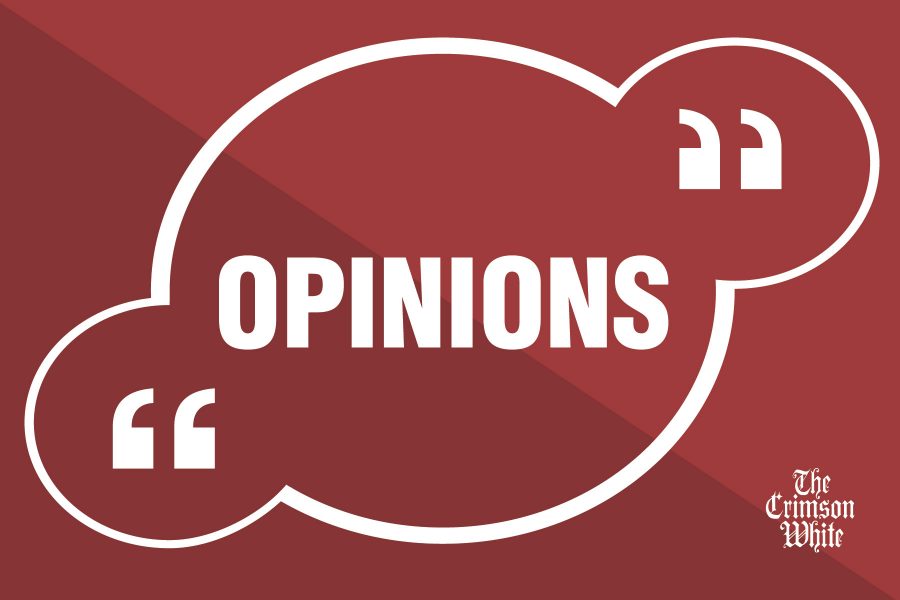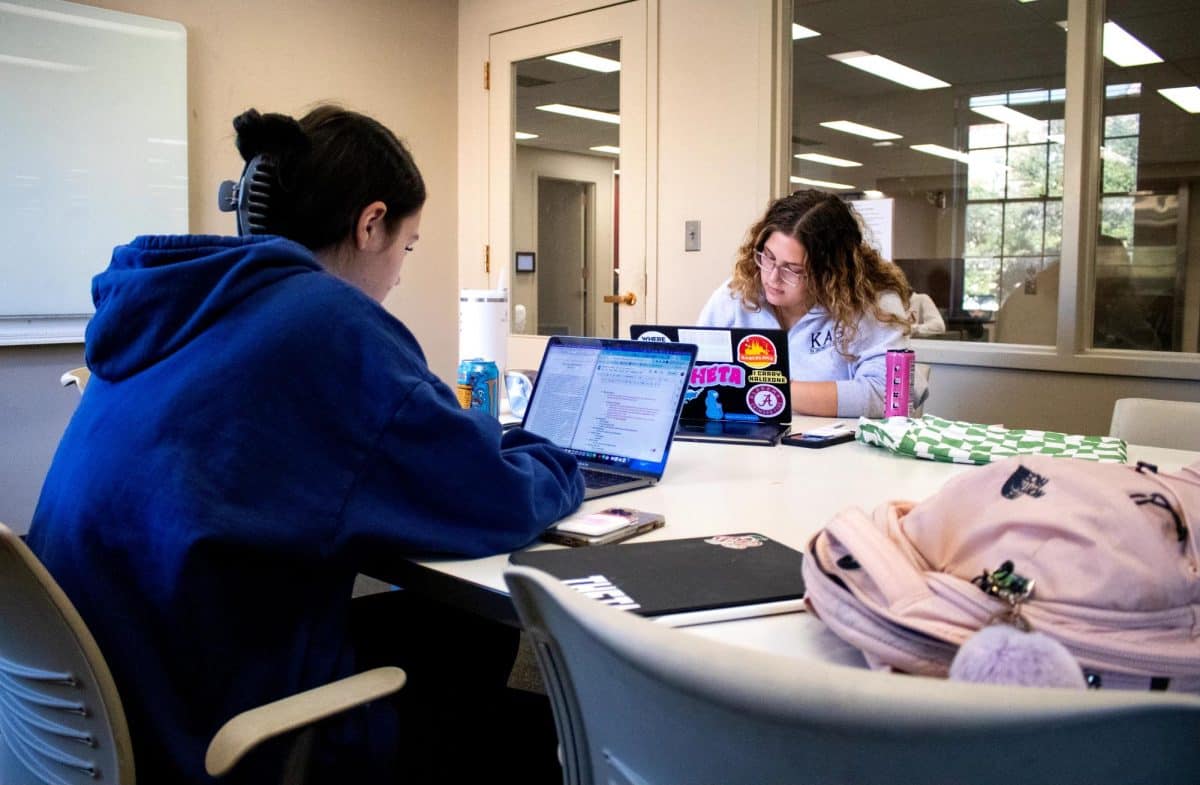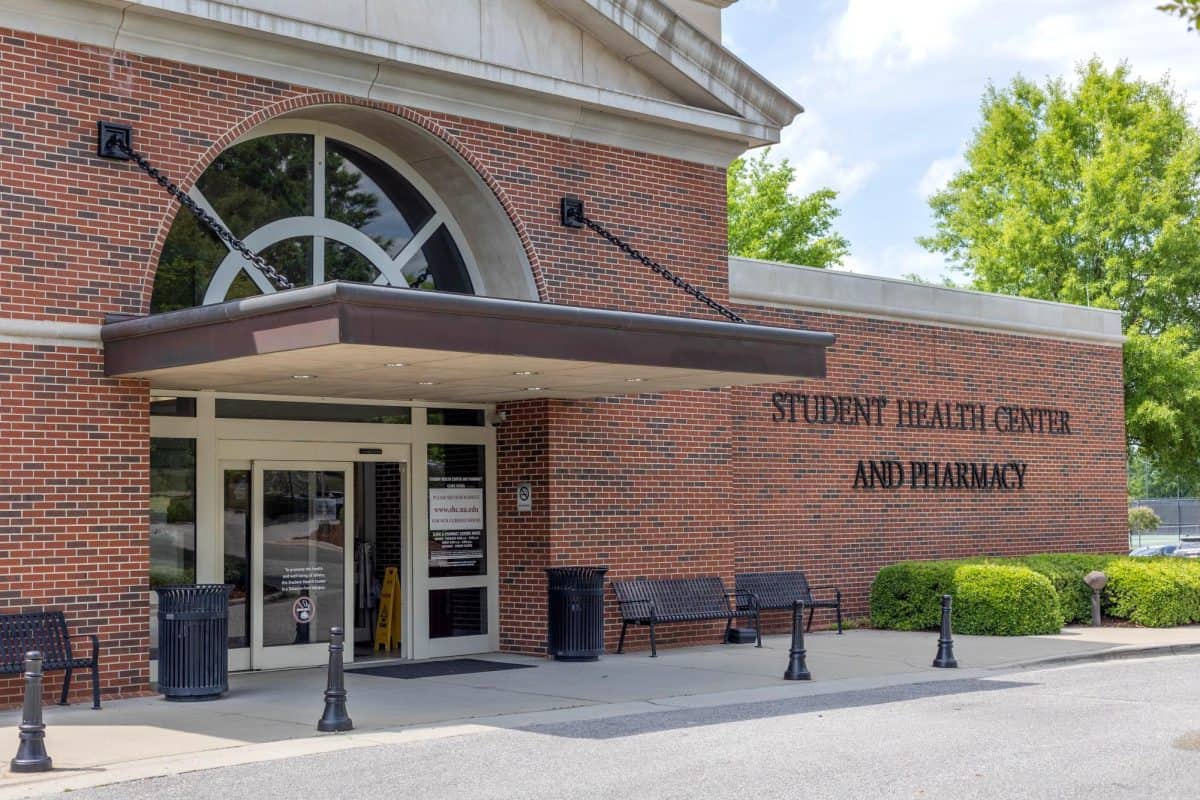It is astonishing that discussion over the extent to which free speech applies is taking place in the United States of America. The right of free expression is fundamental and absolute, just as it ought to be. Hate speech is free speech, offensive cartoons are permissible, calls to insurrection are totally legal and vile advocations of Nazism should be ignored but by no means silenced. So far, the United States Supreme Court has done a supreme job at preserving and protecting these rights. But free speech is more than just a right; it is a fundamental moral principle.
As a human being, your ability to express yourself is a necessary by-product of your right to exist; if it is denied or suppressed, your humanity itself is being compromised. It is not only necessary to protect this right from government intervention, but also to protect speakers from other citizens. Those who would advocate assault against preachers of hate or endorse the banning of trolls from social platforms are undermining one of the most necessary concepts for a civilized society to prosper. Defenders of liberty, when citing the First Amendment to speak out against such cases, are often met with a defense that goes something like: “Free speech means the government can’t punish you for giving your opinion. It doesn’t mean that you don’t have to face the consequences of what you say.” To that, I have several responses.
First of all, we need to be ever conscious about the direction legislation is taking in first world countries. Canada has already passed laws preventing a person from using speech that could be deemed offensive by others. The phrase “hate speech is not free speech” is an attack on free speech which is clearly intended to influence political action. To dismiss the defense of free speech by calling it inapplicable to the private sector is to ignore the fact that such ideas are infiltrating our political sphere. It is not an overreach to proudly invoke the Constitutional right to free speech as a defense against current events when the other side of the debate, if left to its own devices, would gladly pass laws to limit this fundamental freedom.
Secondly, a right is something that the government has an obligation to preserve, meaning it is the duty of the government to protect me from those who would try to prevent me from – or attack me for – speaking my mind. You cannot relieve the government from that responsibility and then accuse me of misusing the First Amendment to defend hate speech. Anyone who commits assault should be punished by law, even if the victim of the assault is a Nazi. When riots ensue and property is damaged in the heart of protesting a speaker and the government sits by idly, reminding people that free speech is a right becomes of dire importance.
But most importantly, people who say that “free speech” doesn’t apply to the private sector are missing the point. Of course universities have the right to deny speakers a platform on their premises, and of course Twitter has the right to ban those who would harass other users from using their site. The question is not should they be allowed to do so, the question is should they do so. No honest and proud institute of education would shy away from the opportunity to discuss and dismantle ideas. Listening to your opponents does not grant them legitimacy – cowering from them does. It is good for a free market to bring bad ideologies to ruin by boycotting the lectures and writings of their supporters, but the difference between a University not accepting a speaker because there is no profit to be made and prohibiting a talk because it is contrary to an established agenda is extraordinary.
Free speech is more than a legal right to be protected by the government; it is a moral necessity that every individual should be encouraged to exercise. For readers of this column, as students of a university, this idea is of particular relevance. Campuses across our country are making a habit of creating zones where students are “safe” from being exposed to dissenting opinions. We have seen Universities go through great lengths to prevent certain influential people from appearing on their grounds. With this in mind, students should not only be reminded that free speech is a right, but should be taught that it is inherently a good thing – even when the words spoken are bad.
Carter Yancey is a sophomore majoring in computer science and mathematics. His column runs biweekly.









